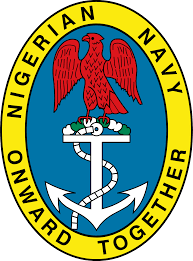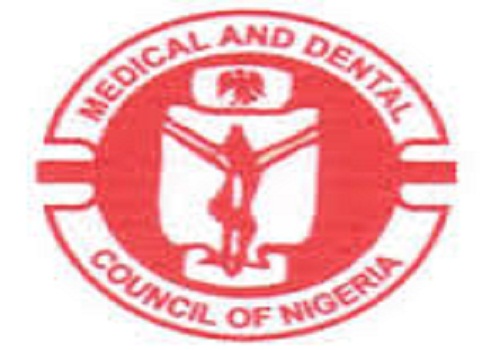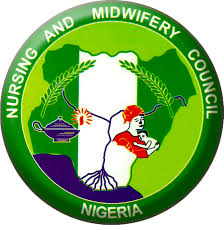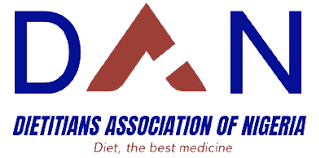The 2021 Biennial Scientific Conference of the Association of Public Health Physicians of Nigeria (APHPN) Lagos State Branch took place on Tuesday 16thand Wednesday 17"' November 2021 with the theme, 'PANDEMICS AND EMERGENCY PREPAREDNESS: BEYOND COVID-19'. The Biennial Scientific Conference of APHPN Lagos is a platform to conduct an extensive review of a topic of public health importance, by convening relevant expertise to proffer evidence-based solutions for improving health outcomes and population health in Nigeria. The Pre-conference event, a learning collaborative between APHPN and Lagos State Ministry of Health was held on Tuesday 16th November 2021 at the Conference Room of Folarin Coker Staff Clinic, Lagos State Secretariat, Ala usa, Ikeja with the title, 'Knowledge Generation and Sharing in Public Health'. The Scientific Conference held on Wednesday 17. November 2021 at the Sheraton Hotel and Towers, Ikeja, and examined leadership under crisis situations, synergy of private and public financing for epidemics and pandemics, population mental health and issues related to local production of vaccines as well as increased vaccine uptake for immunity. The Scientific Conference was declared open by the Wife of the Governor of Lagos state, Dr. (Mrs.) Claudiana Ibijoke Sanwo-Olu, ably represented by Dr. Olayemi Oke-Osanyintolu. The keynote address, titled 'Building Resilient Health Systems: Beyond COVID-19', was delivered by Prof. Oyewale Tomori, a Professor of Virology and member of WHO Technical Advisory Committee on COVI D-19. Other speakers/presenters included Prof. Akin Abayomi, the Honorable Commissioner for Health, Lagos State, Dr. Tom i Coker, the Honorable Commissioner for Health, Ogun State, Prof Akin. Osibogun, a Professor of Public Health and Chairman, Lagos State Primary Health Care Board, Prof. Maarten Kok of the University of Amsterdam, Dr. Omotayo Bolu, Country Programme Director for Immunization at US CDC, Nigeria and others.
OBSERVATIONS
1. APHPN Lagos recognizes the efforts of the Lagos State Government under the leadership of Governor Babajide Sanwoolu and Prof. Akin Abayomi, the Honourable Commissioner for Health. The multi-stakeholder effort collaboration with the private sector, non-governmental organizations, partners, and donors in the effective control of COVID-19 pandemic, as well as the intentional use of data to inform policy is noted.
2. There is inadequate infrastructure and capacity for translational health research in Nigeria.
3. There is a continuing massive brain drain of our inadequate and poorly distributed human resources for health that is needed to deliver quality healthcare services to all Nigerians.
4. APHPN notes the effort to strengthen risk communication and engagement with the citizens in epidemic preparedness and response.
5. The Nigerian health system suffers from inefficiencies and wastages in the utilization of its resources, even with the inadequacy of resources dedicated to health.
6. The high level of vaccine hesitancy manifesting as vaccine anxiety, apathy, disinterest, complacency and distrust are driven in large part by socio-cultural and behavioral factors, as well as disinformation, misinformation, and myths propagated by social media. This is inimical for the control of the COVID-19 pandemic as well as future epidemic outbreaks.
7. Epidemics and pandemics, such as COVID-19, exert significant mental health stress on individuals, families and communities at large. This mental health stressor is even more significant for healthcare professionals with higher background levels of stress compared to some other professionals or occupations.
8. There is the need to optimize and accelerate efforts to prepare adequately for and respond to the imminent fourth wave of the COVI D-19 pandemic by all stakeholders.
RECOMMENDATIONS
1. The government of Nigeria at the federal, state and local levels need to make concerted efforts to invest significant resources in science, research, and development, especially in translational public health research and development of medicines, vaccines, and technologies for health care delivery in Nigeria. The more developed countries have continued to invest heavily in R & D and are currently reaping the benefits, with vaccine dominance and cutting-edge advances in healthcare and health indices. The next best time for Nigeria to do the same is now.
2. There is a need for government health agencies to communicate with all stakeholders especially the members of the public on all its activities through various channels, including the production and dissemination of annual reports and other reports of programmatic activities, outreaches, and prevention and control efforts. This is vital for accountability to the citizens who are the beneficiary of such activities and to foster active participation of the individuals, families, and communities in their own health.
3. Nigeria must urgently take measures to adopt the 'one-health' approach in strengthening our health care system, and foster cooperation of multiple inter-connected stakeholders in their shared environment.
4. APHPN, as an association, should continue to work with other public health professionals, the media, and citizens to strengthen health communication including risk communication for COVID-19 and other ongoing epidemics. This approach should emphasize the engagement and education of the traditional and new media (social media) practitioners on health care reporting and health promotion.
5. Epidemic and pandemic response should include measures to recognize and alleviate population mental health issues, which have been documented to be exacerbated during health crises.
6. Healthcare managers across public and private practices must make policies, conscientious and measurable investments as well as implement measures to address workplace mental health for healthcare professionals.
7. APHPN should rally stakeholders (across public sector, private sector, and non-governmental organizations) together to put health as a priority political agenda, given that universal health coverage and investment in health security are more effectively driven as political decisions rather than as a technical endeavour.
8. The collaboration between APHPN and the Lagos State Ministry of Health is a much-needed bridge between academicians / researchers and policy makers / regulators. There is a need to further cement this relationship and explore other areas of collaboration and mutual cooperation.
Signed:
Dr. Tolu Olufunlayo
Chairman APHPN Lagos
Dr. Bolaji Obadeyi
Chairman Conference LOC
Dr. Olajide Sobande
Chairman Research and Publications, LOC





